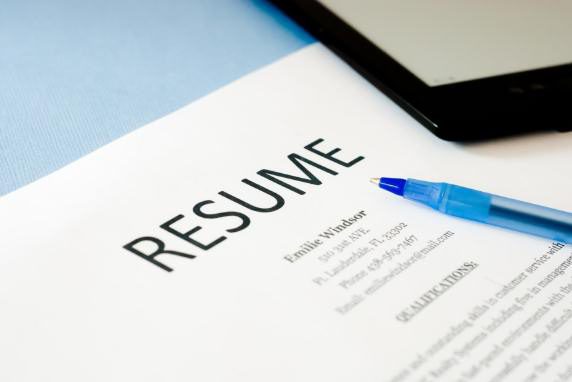Are you a hiring manager or a business owner? Do you feel overwhelmed when you need to hire an employee?
You are not alone. An online job listing might elicit tons of responses.
You may be wondering, what should I be looking for? Don’t worry. We will walk you through the steps for finding the ideal employee.
This article isn’t just for employers, however. If you are applying for a job, we’ll give you some insight into what your prospective employer might be looking for.
Wondering how to email a resume to get a job? Check out this link for more information.
Does Hiring the Perfect Employee Really Matter?
Okay, let’s clear the air here. There’s no such thing as a perfect employee. Even the most qualified employee may need training, correction, or be a party to conflicts. Everyone makes mistakes. Everyone has health issues, family members, or other responsibilities that interfere with their work-life from time to time.
If that’s the case, does it really matter who you hire, so long as they can do the job? Yes, it does! You have a limited amount of office space, and you want to fill it with the most innovative and efficient team possible. You also have to interact with your hires, and the quality of their work holds consequences for your business, whether positive or negative.
So, what qualities should you look for? First, let’s look at some general traits and skills that contribute to good employees and productive workplaces. Then, we’ll discuss how you can determine the specific skillset your hire needs for a given job. Finally, we’ll talk about applicant tracking systems (ATS) – software that can help you sort through that mountain of resumes.
General Qualities of Good Employees
When deciding whether to hire someone, you need to look at more than just their education, experience, and technical skills. You also need to determine whether they are a good fit for your company and its culture.
Nationwide’s Business Solutions Center lists reliability, problem-solving skills, teamwork, conflict resolution, communication, and a willingness to learn as the most important soft skills an employee can possess.
You may be able to see these qualities in the applicant’s resume. You can definitely draw them out at an interview. For example, were they late? That might be a strike against reliability.
Indeed takes these qualities up a notch by listing 20, including:
- Ambition
- Autonomy/ability to work independently
- Collaboration
- Commitment
- Confidence
- Creativity
- Detail-oriented
- Enthusiasm
- Hard-working
- Honesty
- Humility
- Inquisitiveness
- Leadership
- Marketability (works well with the public, professional demeanor, appropriate attention to dress and grooming)
- Well-organized
- Passion
- Positivity
- Proactive
In addition to the interview, you can request references and speak with them concerning the applicant’s qualities.
Determining the Specific Needs of the Job
In addition to the above transferable skills, most positions require hard or technical skills. These may include the ability to use specific computer software, put together hardware, or use tools. It may also require specific knowledge of how systems work – for example, logistics, chemistry, thermodynamics, engineering, proprietary formulas, and the like. How can you determine the skills needed for the job?
If you’ve done the job yourself, go through the steps in your mind. Make a list of every skill and ability needed.
If you haven’t personally served in that position, talk to someone who has. If a current employee will soon be leaving the position, discuss their duties and responsibilities with them. Or, speak with other employees who perform similar tasks.
Once you have all the information, it’s time to start looking for candidates. Lots of employers like to hire an executive search firm that will go over every detail to find the perfect fit for a company. Sometimes it’s even possible to find freelancers with the help of these organizations.
Applicant Tracking Systems
Once you’ve isolated the necessary hard and soft skills, draft a corresponding job listing. Include all of the skills as keywords within the listing. In this way, applicants will know what is expected of them, and you will encounter fewer underqualified applicants.
If you anticipate (or already have) an influx of interest, you can use an ATS to rate and rank the applications. Following the instructions furnished by the software provider, input the keywords, as well as experience and education requirements.
The ATS will then “read” the resumes, looking for the presence of these keywords and requirements. Those that most closely match your inputs will be ranked highest. In this way, you may be able to isolate the 10 most likely candidates out of hundreds – without having to read every single document.
Key Takeaways
Good employees often display a core set of soft, transferable skills, including good communication, teamwork, and problem-solving skills.
Carefully consider the job you are hiring for. Make a list of every skill an employee needs to have in order to do the job well.
If you are inundated with too many resumes, use an applicant tracking system to identify those candidates that are best suited to the job.
Use interviews and references to learn more about your prospective employee.
OffieFinder is helping hundreds of businesses in the US to find office spaces that suits their requirements. We have hundreds of tenant representatives that are knowledgeable in your market. Message us, our service is FREE!

